Environmental Economics Report: Solutions to Environmental Problems
VerifiedAdded on 2020/02/18
|5
|548
|59
Report
AI Summary
This report delves into the realm of environmental economics, addressing key issues such as externalities, the mitigation of greenhouse gases, and the role of government policies in reducing emissions. The report begins by defining externalities and illustrating their impact through examples like pollution and the benefits provided by laborers, followed by an explanation of how government policies, such as taxation, can address these issues. The report then discusses the challenges associated with mitigating greenhouse gases, particularly concerning the free rider problem and the implications of climate change mitigation. Finally, it outlines several government policies designed to reduce emissions, including promoting renewable energy, reducing deforestation, and implementing carbon taxes. It highlights the importance of government initiatives in providing information and establishing programs to support energy conservation and sustainable practices.
1 out of 5
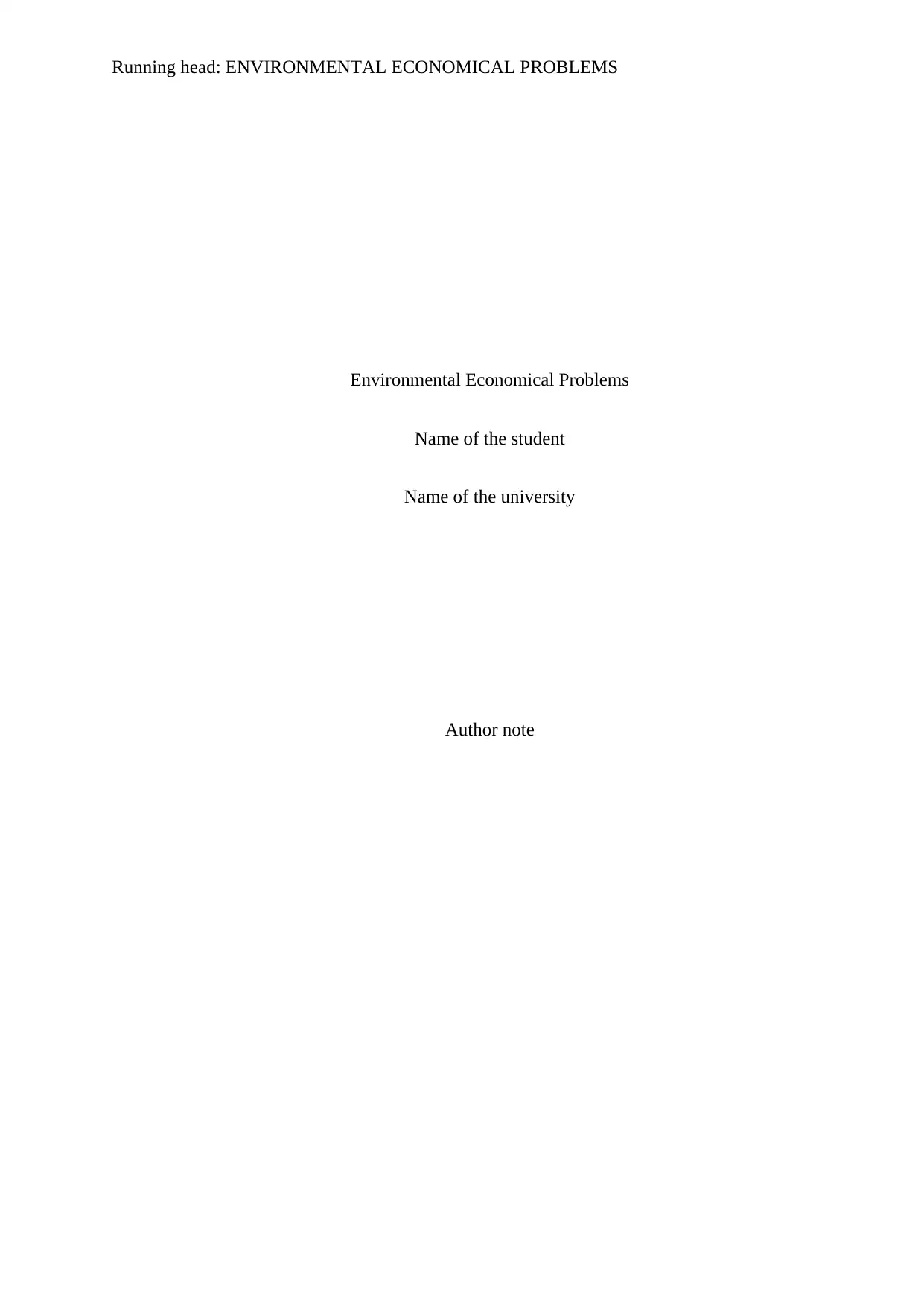
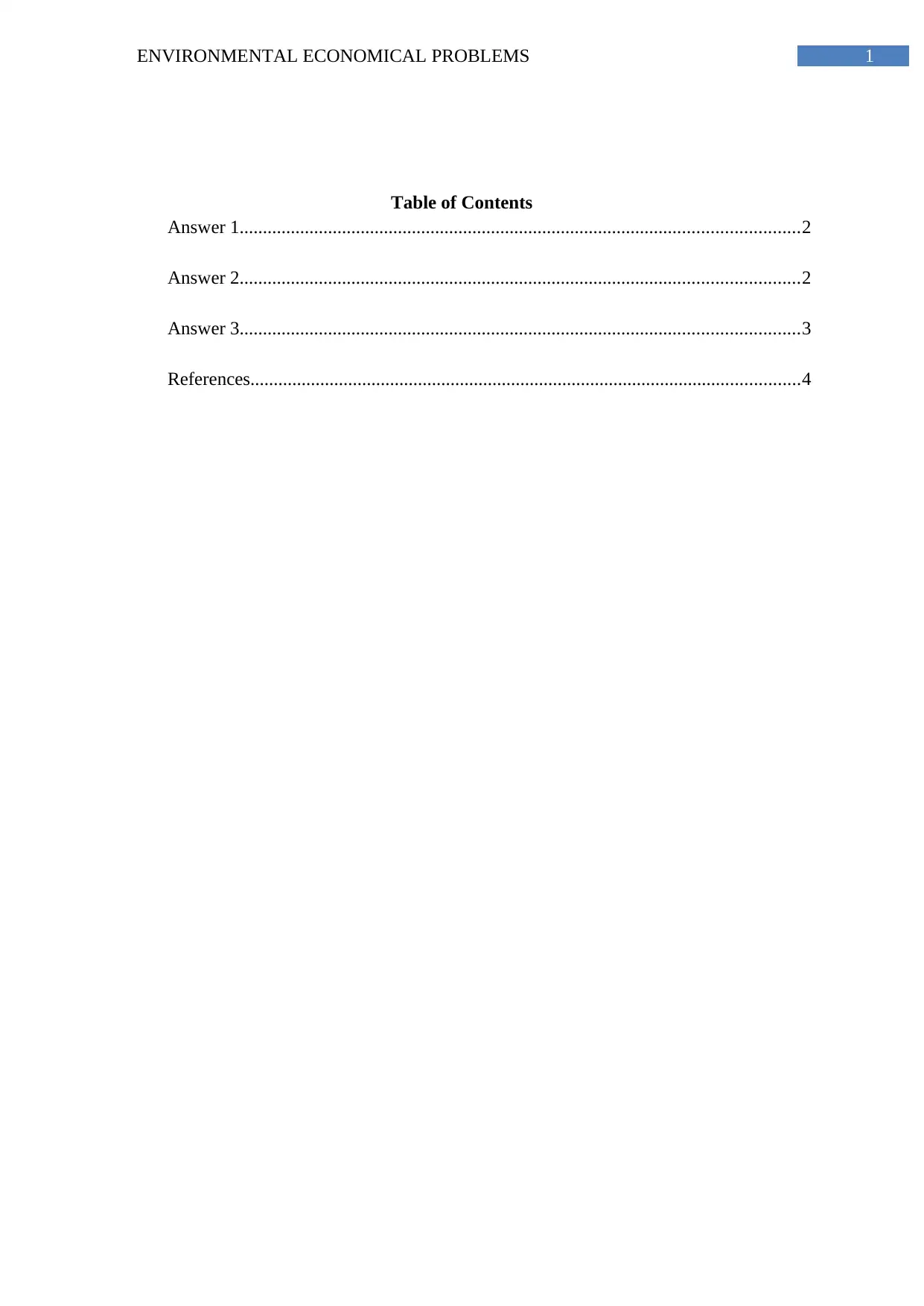
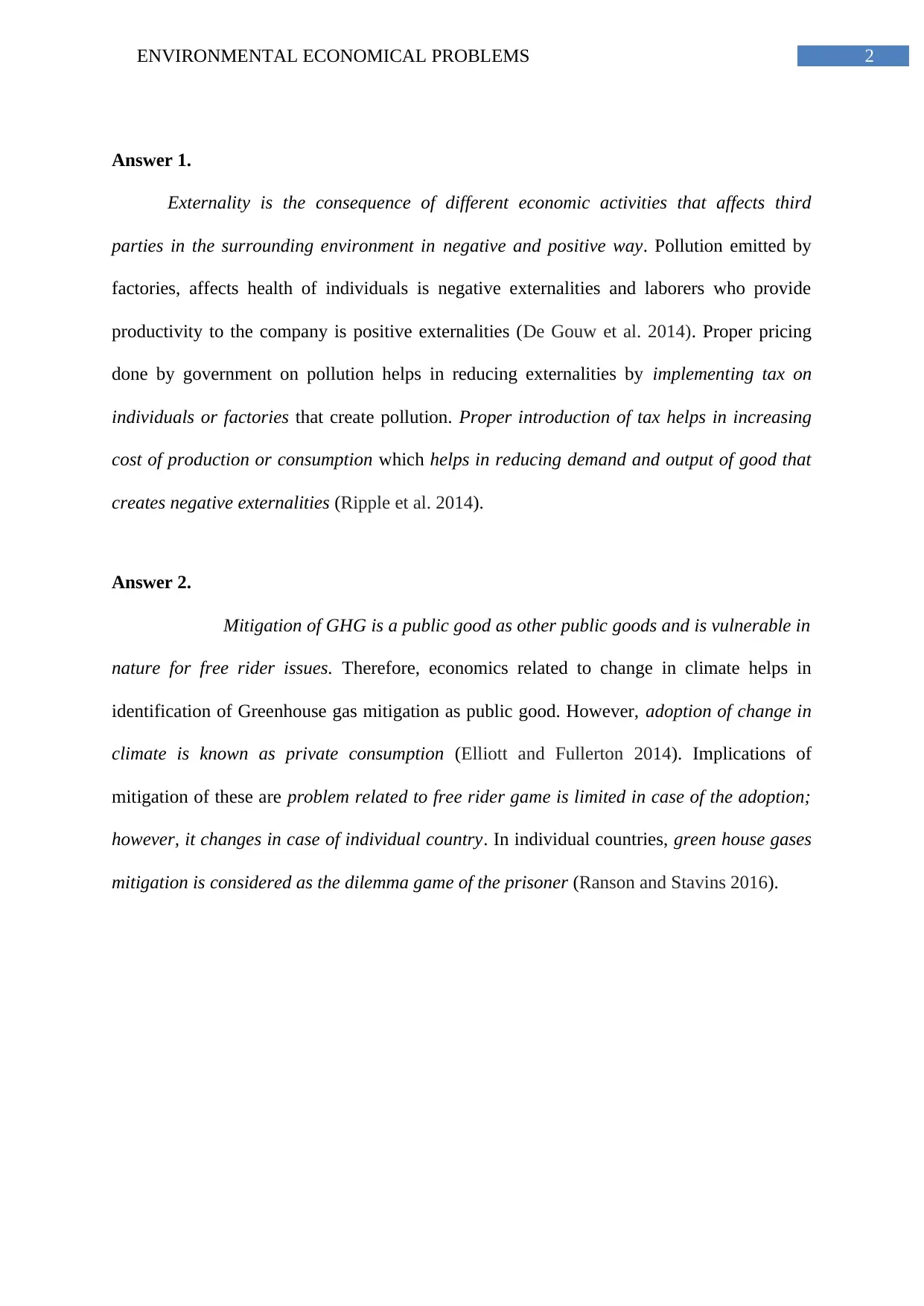

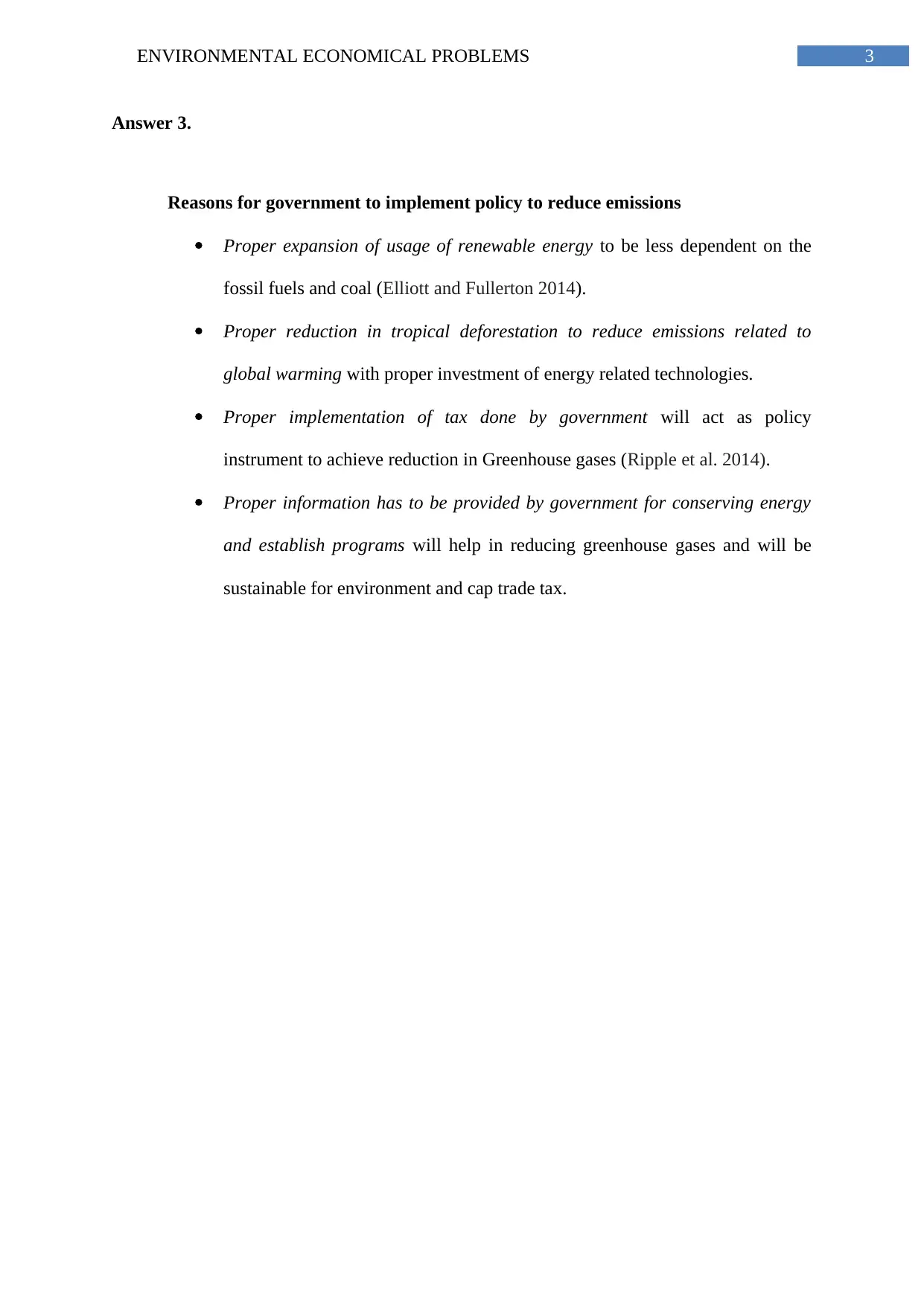
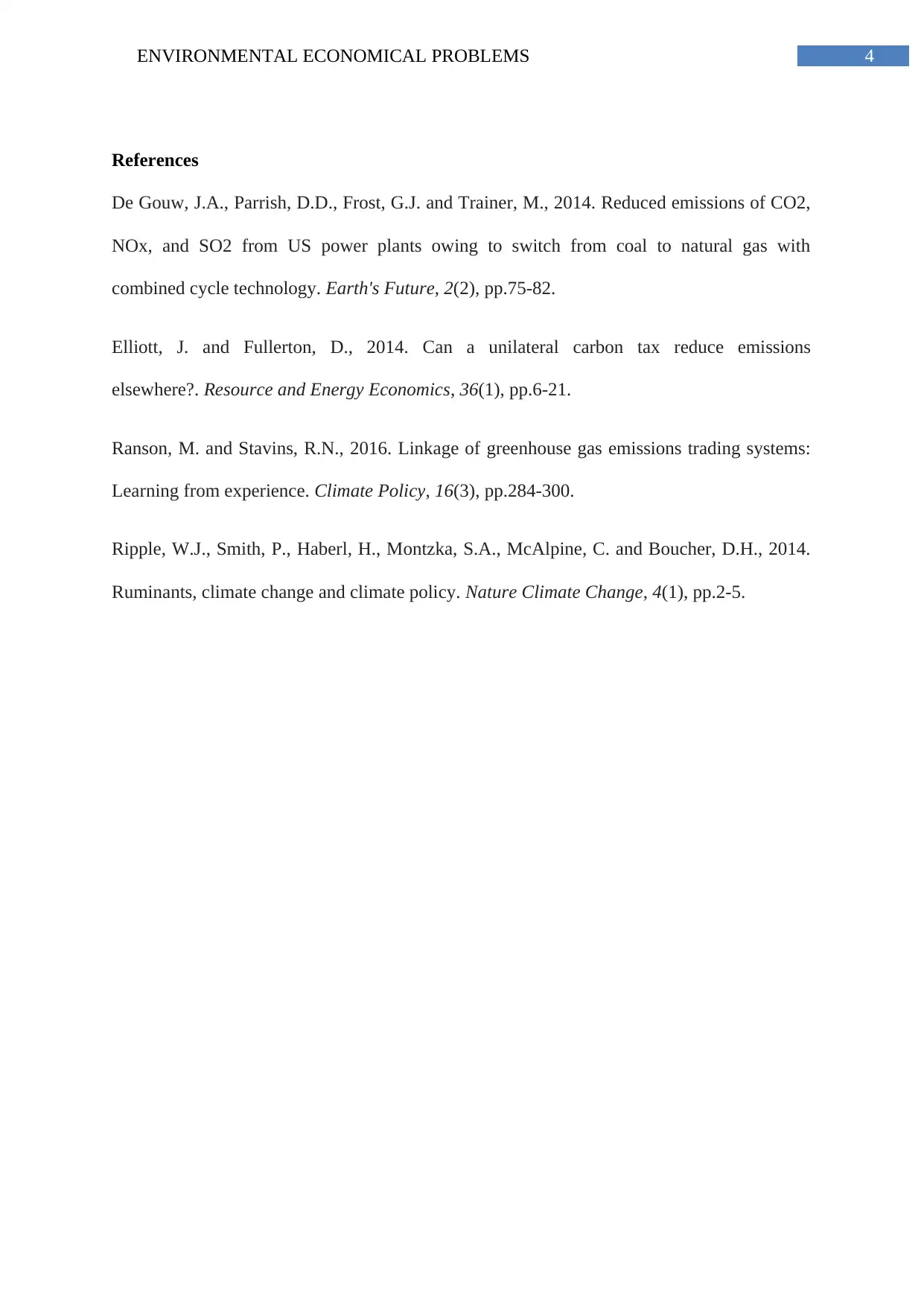


![[object Object]](/_next/static/media/star-bottom.7253800d.svg)